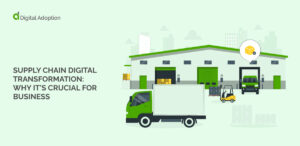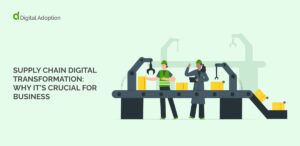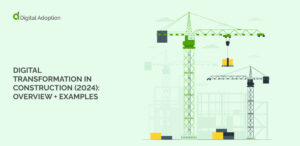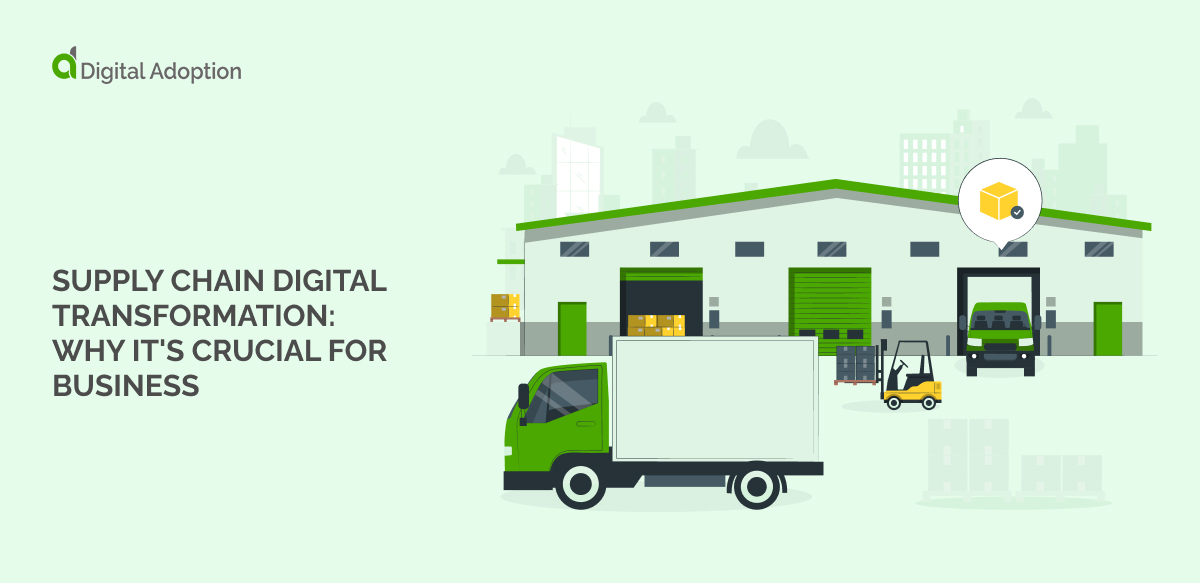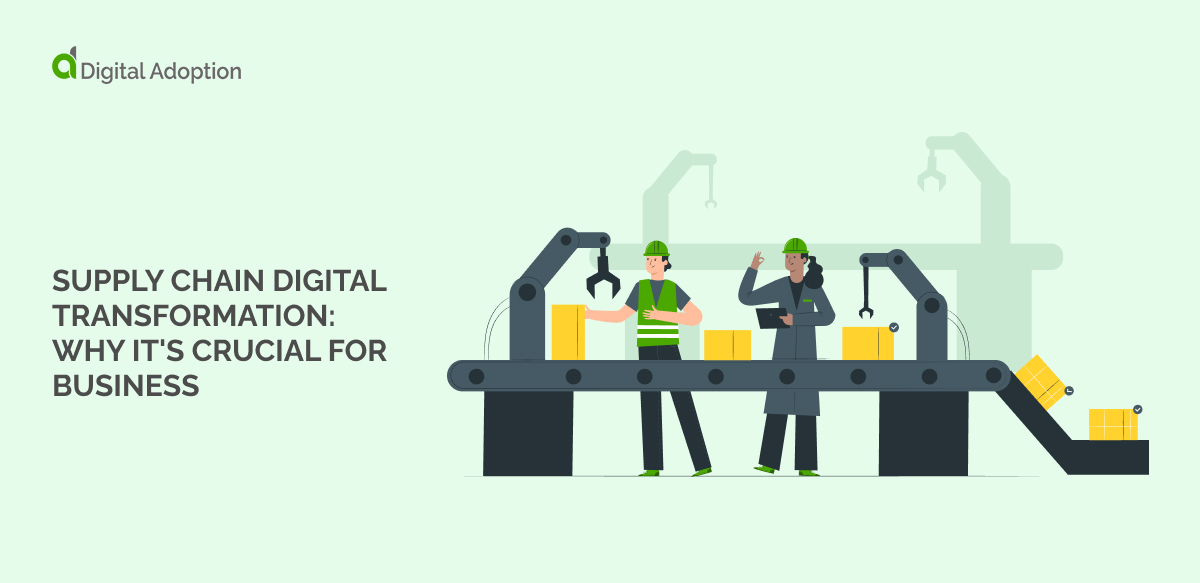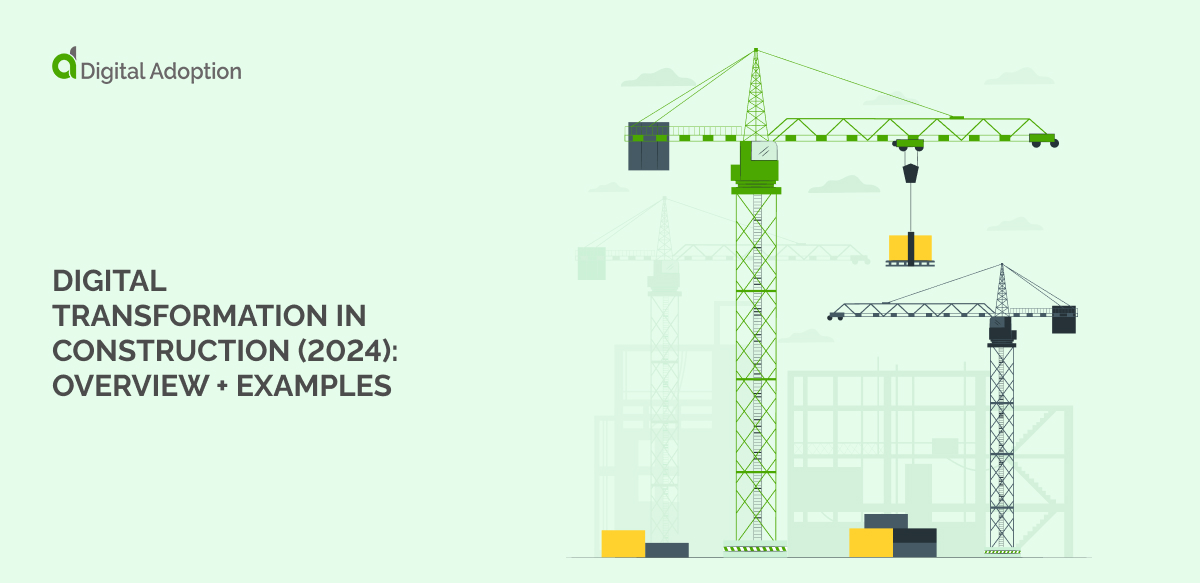The democratization of technology, data, and software will significantly reshape the workplace, the workforce, and the organization.
These trends are part of the digital revolution, which is reshaping today’s economy.
In the years ahead, we should expect a gap between those companies that adopt and democratize technology and those that don’t.
The Democratization of Data, Technology, and IT: What It Means
The democratization of data, technology, and IT are creating a digital-centric workplace. Arguably, that workplace has already arrived.
But what is the digital workplace – and what does the “democratization of technology” mean?
Generally, these terms refer to activities such as:
- Making software available to more employees. Software is evolving. On the one hand, it is becoming increasingly sophisticated. On the other, it is becoming increasingly easy to use. This means that more employees can use more powerful, complex software without being technical specialists.
- Increasing the organization’s reliance on technology. Every organization needs information technology. Yet IT’s role differs from company to company. Some companies use technology to perform tasks. To others, technology is a central part of the business model and the business strategy. Democratizing IT means embedding it into the organization’s processes, which can drive adoption at other levels of the business.
- Breaking down barriers between the IT department and other departments. IT department have often been viewed as back-office functions, separate from the rest of the organization. Yet IT democratization aims to break down those silos.
- Upskilling staff. The digital skills gap has been widening, because the pace of technological change has been outpacing employees’ skill levels. Yet IT democratization aims to close the skills gap – employers who upskill their staff increase their capabilities and increase digital maturity throughout the business.
- Distributing IT duties to other staff. When the workforce is more capable, employees can take on IT duties. Naturally, nonprogrammers cannot learn to become programmers overnight. Nor should they. But with the right software they can take on new tasks and alleviate some IT job tasks.
These are just a few of the major implications of IT democratization. But how will these changes impact the organization and the workforce?
The Impact of Technology Democratization
Let’s look at three key areas that are going to be affected by the democratization of technology.
The Workforce
As noted, the democratization of IT is driving major shifts among workers.
To enable it democratization, employers must train employees to use new technology and software. They must also train employees to think in new ways about the workplace and their workflows. Digital workflows, after all, are shifting rapidly as digital ecosystems evolve.
These changes mean several things for the workforce:
- Employees will need to continually learn new software. Many consultancies advocate adopting a culture of learning. In part this is due to the effects of continual digital disruption. Enterprise digital ecosystems continually change after all, so employees must continually adapt in order to stay relevant.
- Digitally savvy workers will add more value and be more marketable. Technology is playing an increasingly central role in the organization. This means that digitally skilled workers will be more valuable than those who lack the right skills. The digital skills gap, after all, has become a trending topic in recent years, and for good reason: many employees lack the essential skills needed to contribute to their organization’s objectives.
- Job roles will shift as IT permeates and shifts the organization’s structure. IT democratization means that IT tasks will be distributed across the workforce. The more central IT is to an organization’s functioning, the less siloed it will be.
The bottom line is that employees will need to rethink many aspects of their jobs as we move into the digital future.
The Workplace
The workplace itself changed radically in 2020 with the introduction of remote working across the globe. Yet this is only the beginning.
In the years ahead, IT will continue to be democratized and as it does, it will continue to reshape the workplace.
Here are just a few examples:
- Automation will increasingly take over job tasks. Automation is quickly becoming the norm – automation tools are being used to augment and even replace certain job roles. In the years ahead, this trend will accelerate.
- IT democratization will enable remote working and hybrid offices. Remote working is only possible when employees have the right technology. As technology becomes democratized globally, more and more employees will have more ability to work remotely.
- AI and it will increasingly be implemented at a strategic level in the workplace. AI is advancing rapidly. As it does, it will take over more cognitive tasks such as analysis and even decision making.
Ultimately, digital will become a central pillar of the office. Technology will affect and shape every aspect of the work from the physical office to workflows to communications.
The Organization
IT democratization also affects the organization itself.
The effects include:
- Changes to business strategy. Technology can be a competitive differentiator. Organizations that leverage technology to its fullest extent can gain a significant upper hand in the market. Strategies today often revolve around the use of technology to increase customer value, outperform competitors, improve efficiency, and more.
- Operational shifts. Technology has a major effect on operations and operational models. From the digital workplace to the factory floor technology can radically change and accelerate productivity.
- New business models. Many business models, such as certain agile and data-driven methods, require the use of digital tools. These new models and processes can significantly enhance an organization’s flexibility, resilience, and profitability.
In short, the democratization of it means that it will now play a pivotal role in every organization.
From the strategy to day-to-day workflows, IT, technology, and data will now become central to the way every organization operates.




